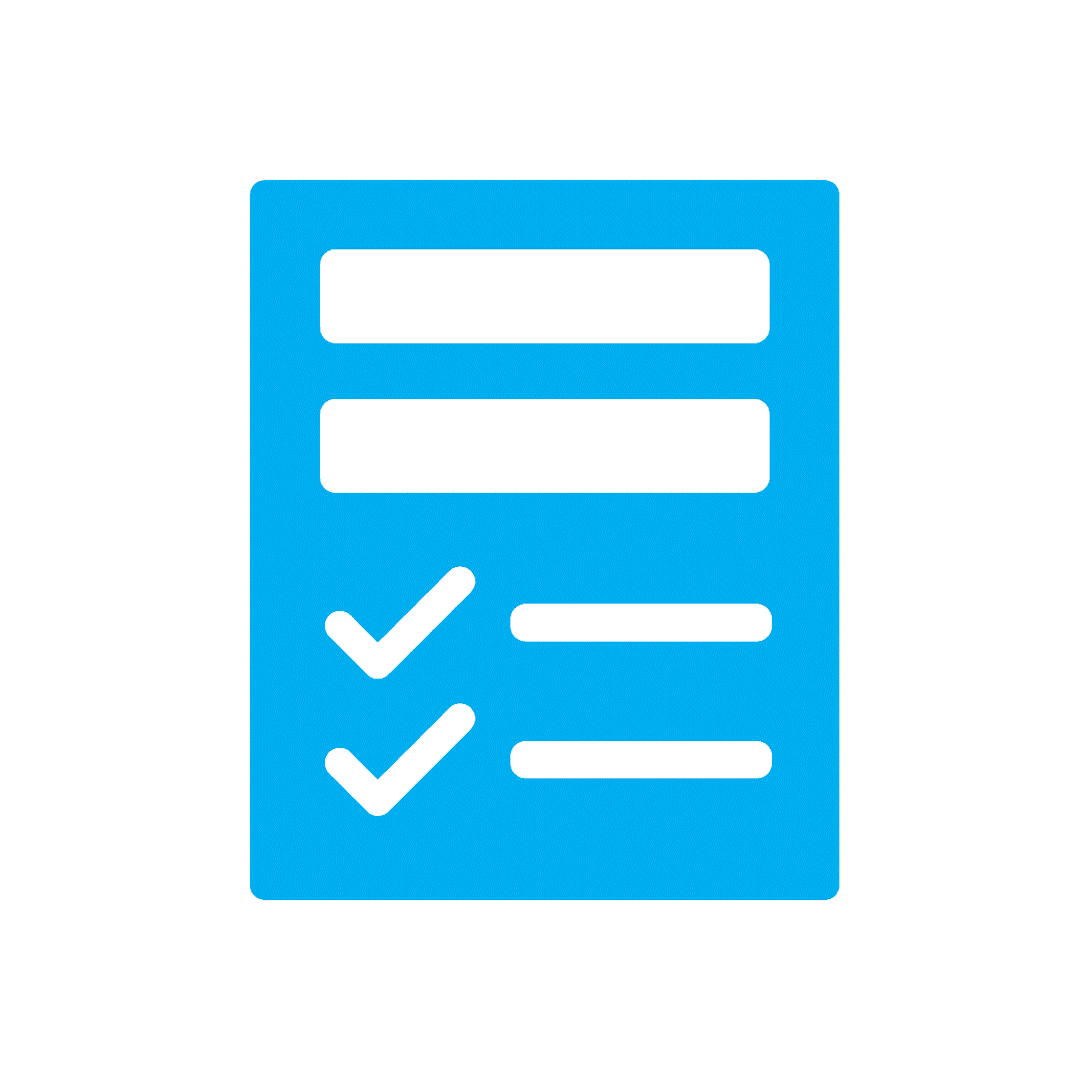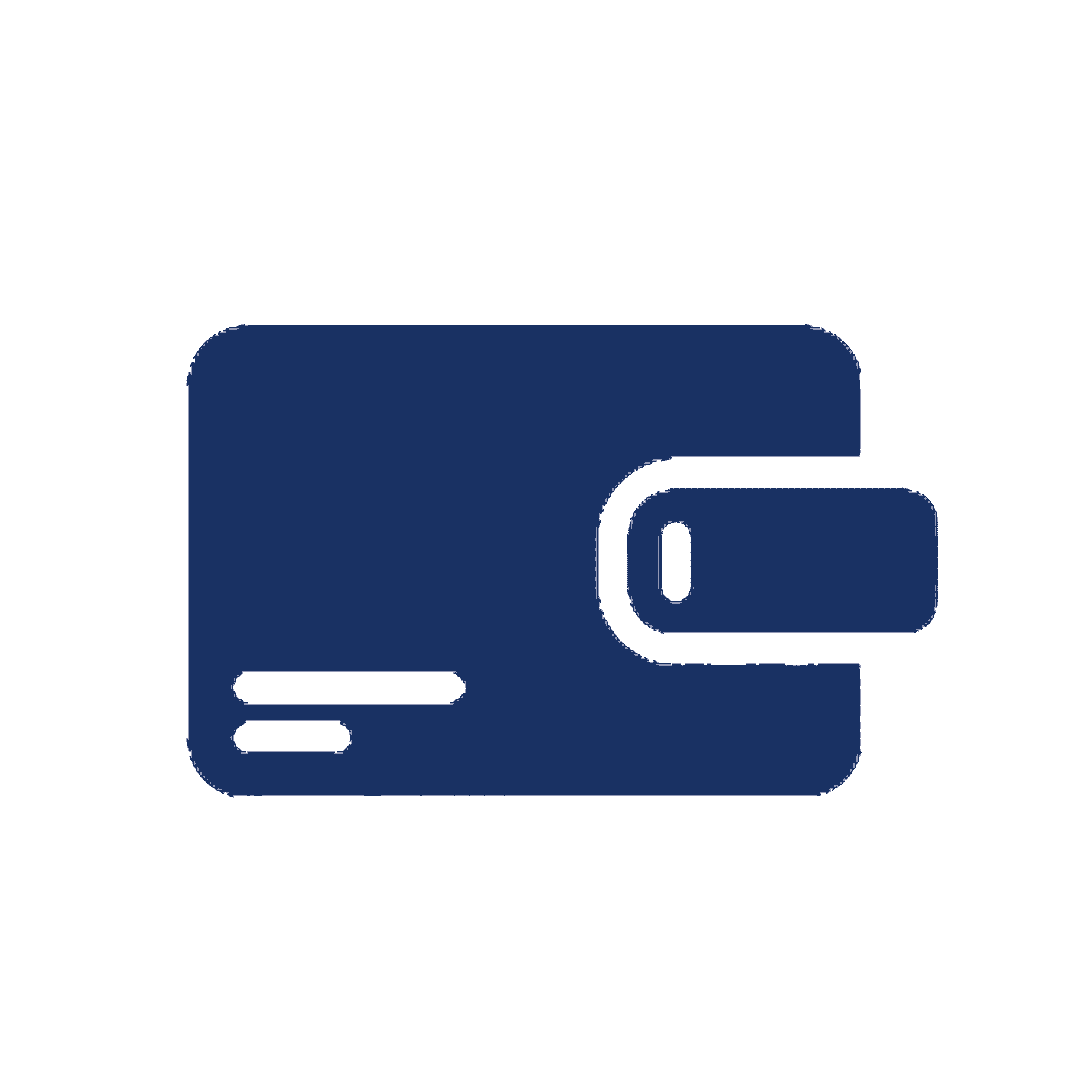Explore By
 Exams
Exams
 Countries
Countries
 Expenses
Expenses
 Universities
Universities
As previously stated, overseas students can work part-time to help with living expenses. International students would be able to work for a total of 20 hours a week.
Furthermore, students have the option of applying for an 18-month Residence Permit after completing their whole course duration to hunt for a job in their field of qualification. They can work any type of job to support themselves and pay for their job hunt over these 18 months.
After finishing the course, students filing for an education loan from a nationalized bank must begin making payments.
Following the moratorium period, you must begin repaying one year after completion of the course or six months after landing a job, whichever comes first.
Students must be aware that the moratorium period varies depending on the loan provider.
Those who take out an education loan from a private bank must begin paying interest right away, but the EMIs do not begin until one year after the course is over. Similarly, if you select NBFCs, you would be required to pay interest immediately after graduation and even while still in school.
Students who take out an education loan should be aware of the repayment process as well. The following is the payback schedule for Indian education loans:
Public or a Nationalized Bank: 6 months following the conclusion of your course, you should begin paying interest and the EMI.
Private Bank or NFBcs: After your study concludes, you must begin paying interest on your loan immediately, and your EMIs will begin one year later.
Study in USA
Study in Canada
Study in Australia
Study in UK
Study in Germany
Study in Ireland